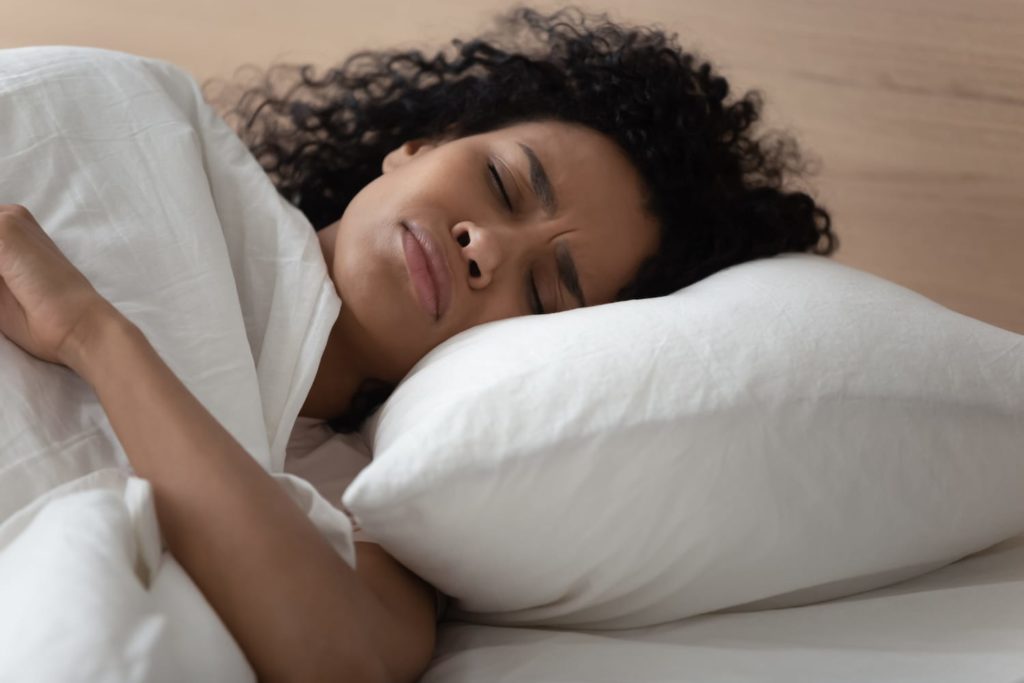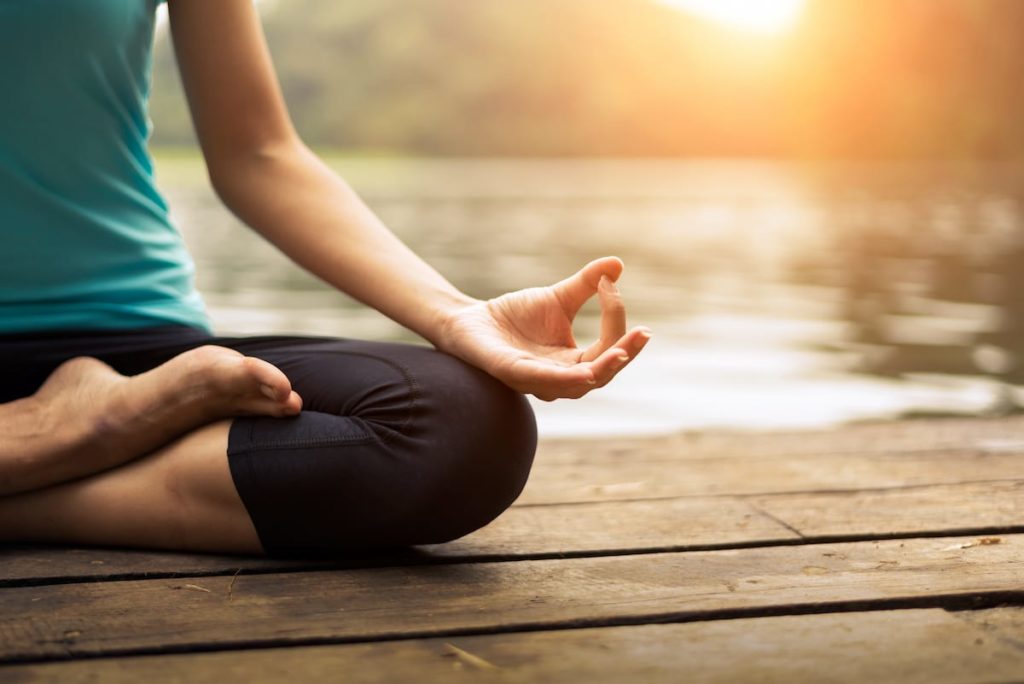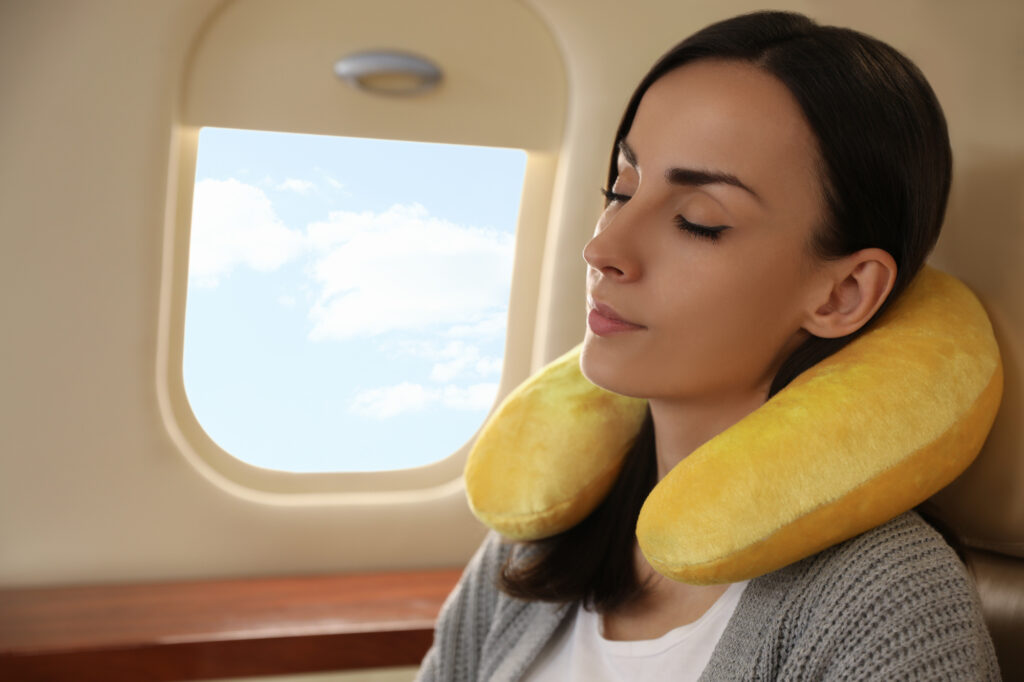Eric Suni, Contributing Writer
Eric Suni has over a decade of experience in health communications.
For over seven years at Fred Hutch, Seattle’s prestigious cancer research center, he worked as a science writer and information specialist for the National Cancer Institute’s Cancer Information Service, communicating directly with cancer patients, their family members, and the general public to explain complex topics in an understandable and compassionate way.
He is passionate about promoting health and wellness by creating up-to-date, evidence-based resources and believes that improving sleep can have far-reaching benefits for public health.

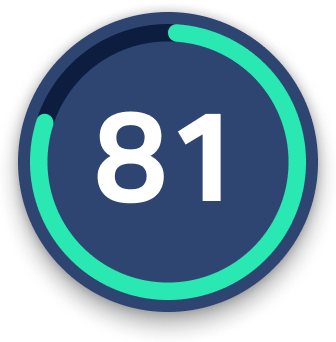
My Sleep Score
Want to see how your sleep compares?
Take the Sleep Foundation quiz to see your score.
A Word From Eric
What’s your biggest sleeping pain point?
If I wake up during the night, my mind quickly revs up to start thinking about upoming events and to-do lists. It can be a struggle to fall back asleep quickly enough to prevent this from seriously disrupting my sleep.
What’s your favorite sleep product right now?
An eye mask. While its main purpose for me is to block out light, I find that it also acts as a queue for sleep and a barrier to checking my phone if I wake up during the night.
What is your nightly sleep regimen?
I try to go to bed and wake up at roughly the same time everyday and only make exceptions for meaningful reasons. I read in low light in bed until I’m sleepy, then put on my eye mask and fall asleep. I then try to get outside and take in morning light as soon as I reasonably can every day.
What’s your top sleep tip?
Optimize your light exposure. Light is the primary cue for circadian rhythm, which is a key driver of when you feel sleepy or alert. As more research is completed, the body of evidence demonstrating the sleep and health benefits from synchronizing your internal clock with your environment gets more and more impressive.
Read More From Eric
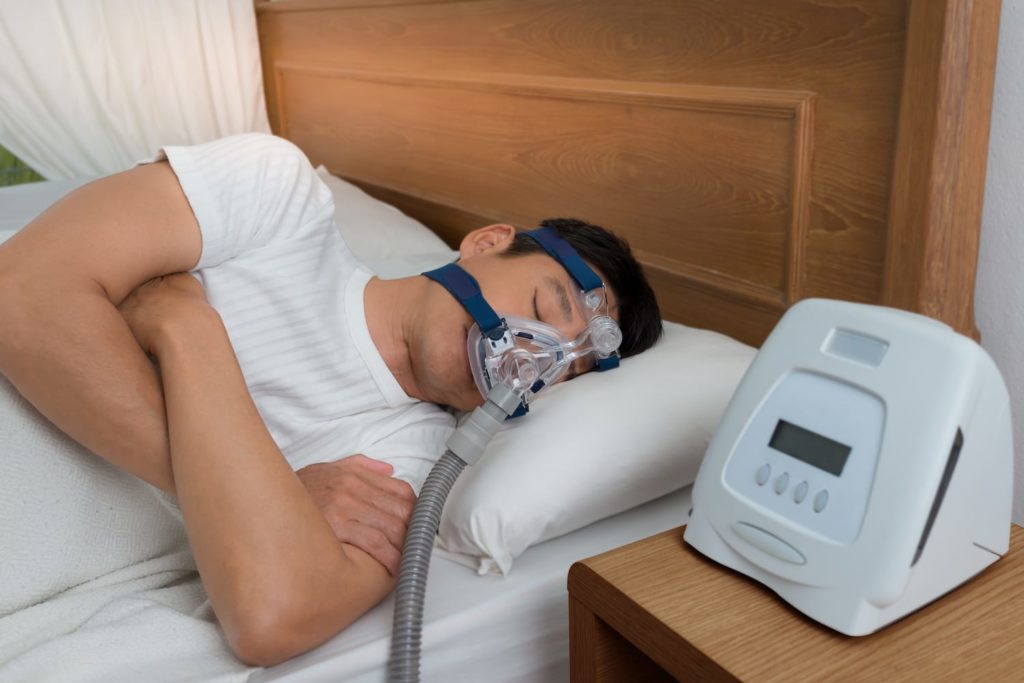
How to Use a CPAP Machine
Are you about to start using a CPAP machine for sleep apnea? We outline the…

Does Medicare Cover CPAP Machines?
Medicare covers continuous positive air pressure (CPAP) machines for obstructive sleep apnea (OSA) treatment, but…
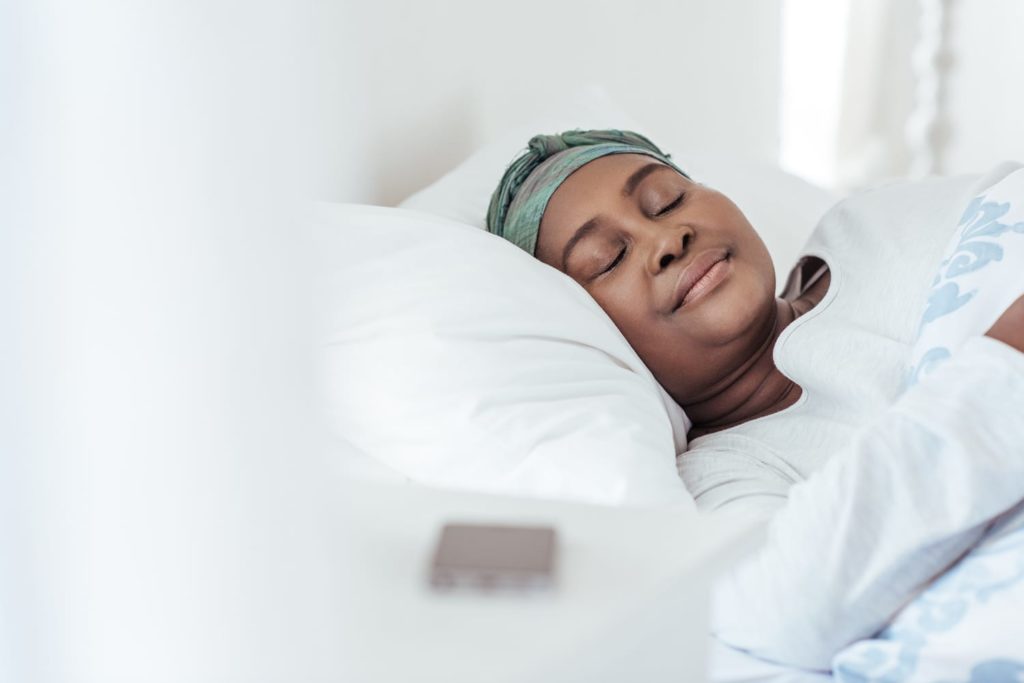
How Weight Affects Sleep Apnea
Sleep apnea is a relatively common disorder in which people experience disrupted breathing while they…

Sleep Apnea
Sleep apnea involves disrupted breathing during sleep. Learn about the types of sleep apnea as…
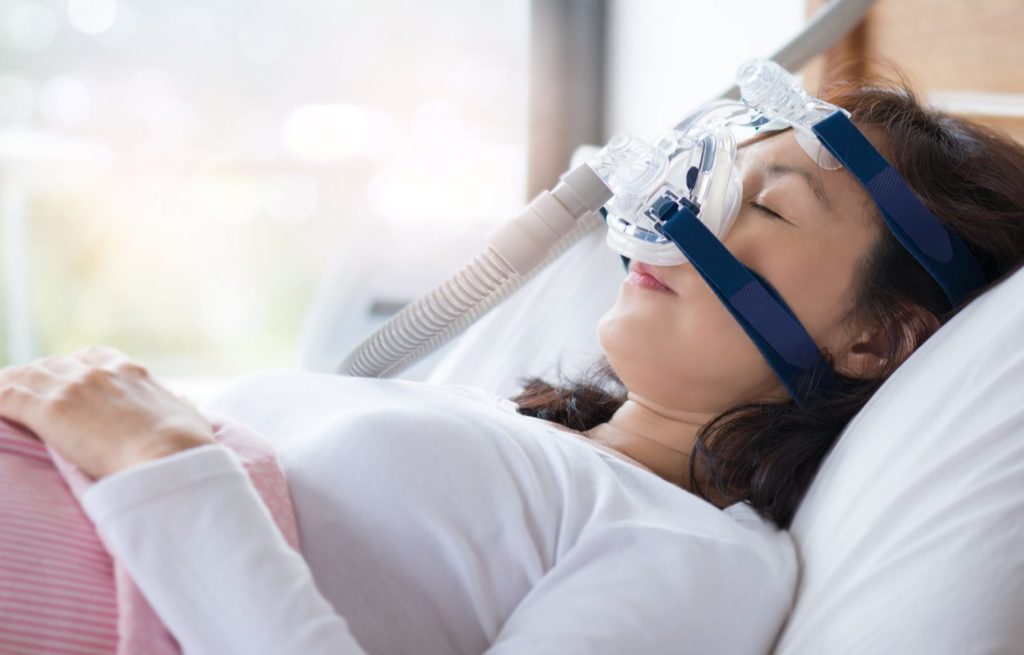
CPAP Cough
Continuous positive airway pressure (CPAP) therapy continues to be the most popular and effective treatment…

What Conditions Can Cause Excessive Daytime Sleepiness?
Are you constantly sleepy? Our guide explains the potential causes of excessive sleepiness including sleep…

Nocturia: Frequent Urination at Night
Nocturia can disrupt sleep and signal more serious health concerns. Learn what causes nighttime bathroom…

Sleep Apnea Exercises for Snoring
Toning the muscles in your throat and mouth can help stop mild snoring and improve…

Excessive Sleepiness and Workplace Accidents
Excessive sleepiness can lead to workplace accidents. Learn how sleepiness impacts safety in the workplace…
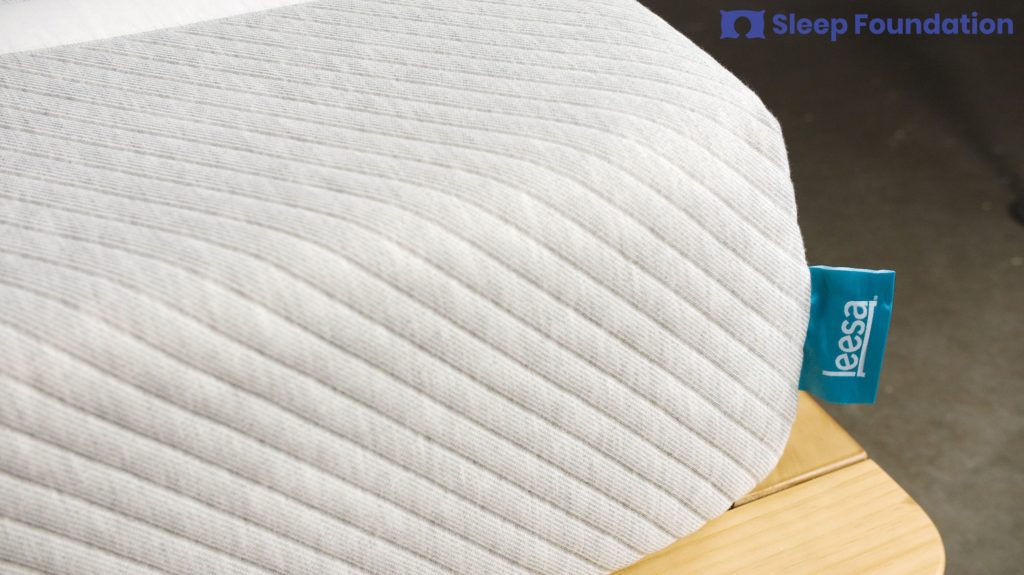
Leesa Mattress Review: Expert Tested
Check out our Leesa Mattress Review to decide if the brand's original mattress is for…
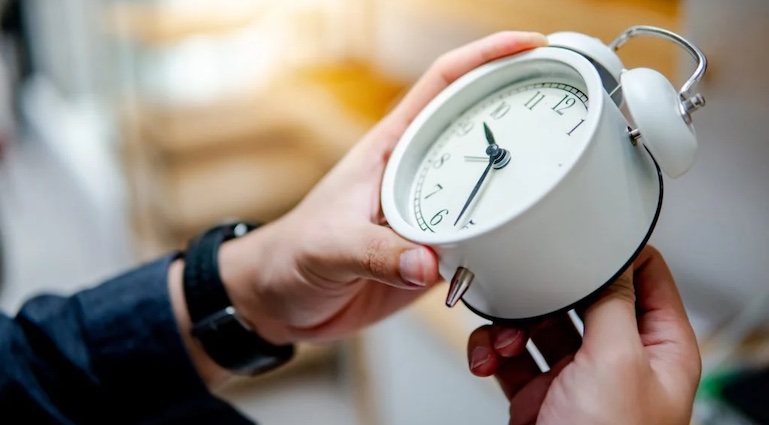
Latest Updates: Daylight Saving Time in 2025
Daylight saving time is back upon us. Here's the latest news on efforts to do…
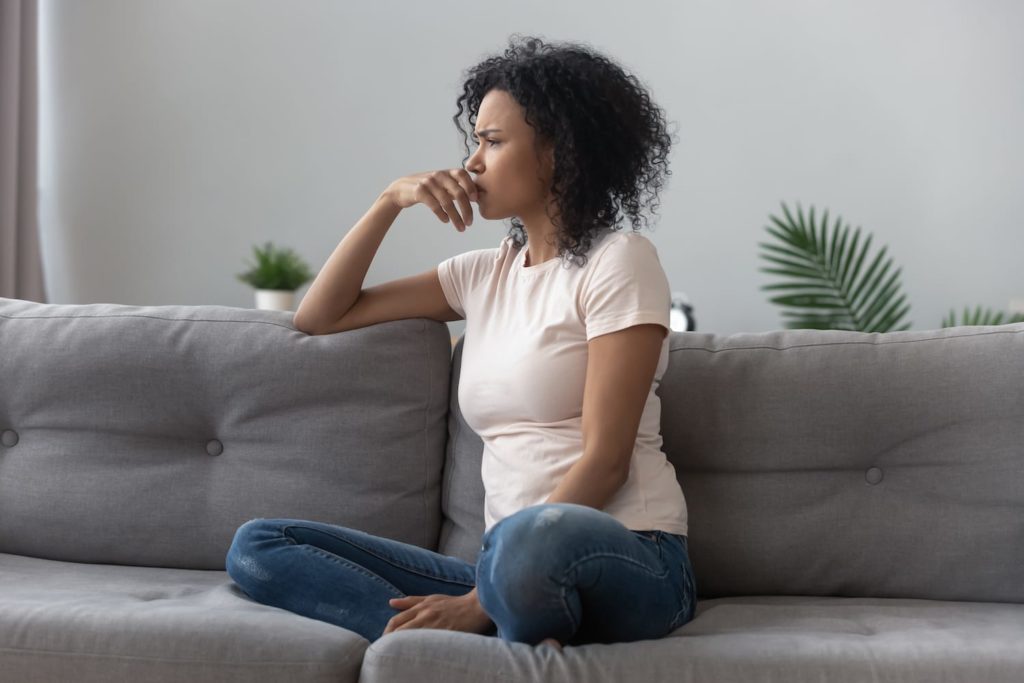
Anxiety and Sleep
Anxiety and sleep problems often go hand in hand. Learn how worry affects rest, why…
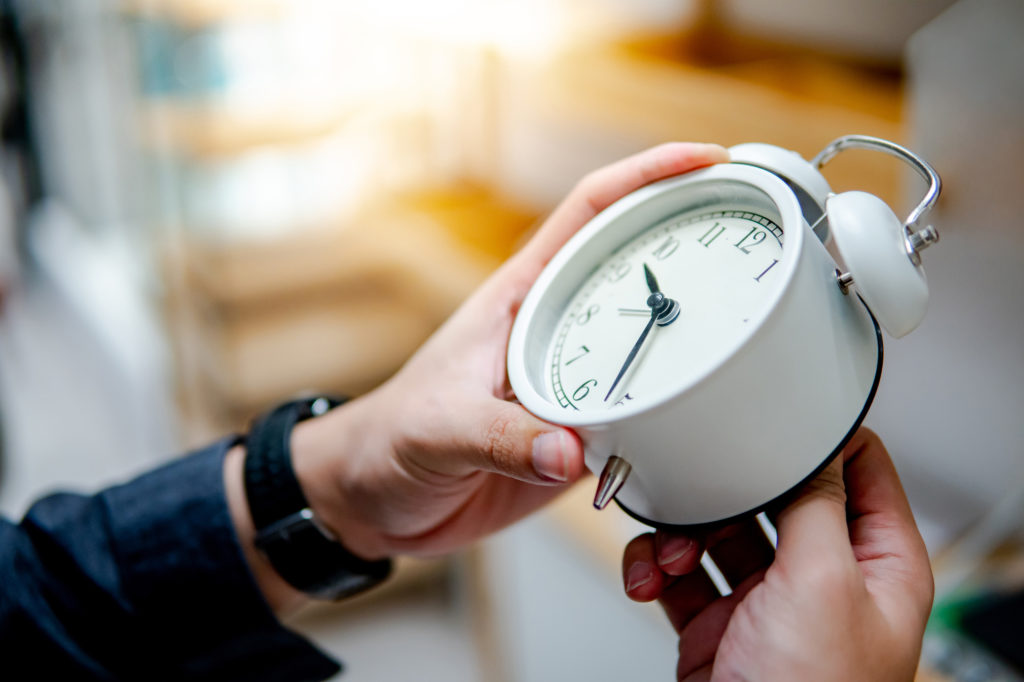
How to Prepare for the Start and End of Daylight Saving Time
Daylight saving time can affect circadian rhythm and disrupt your sleep. Here's how to get…
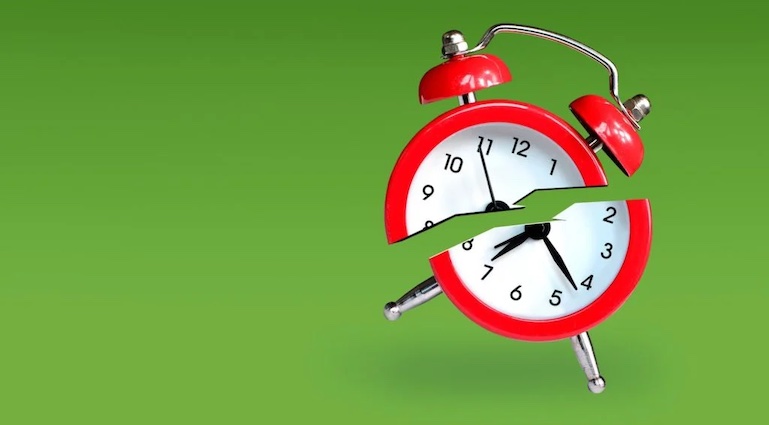
Say We Abolished Daylight Saving Time. Here’s How It Would Change Sleep.
Tired of springing forward and falling back? Imagine how getting rid of daylight saving time…

Does Tart Cherry Juice Help You Sleep?
Research shows that tart cherry juice can help you sleep, aid in muscle recovery, and…

How to Sleep With a Sunburn
Struggling with a recent sunburn? Get helpful tips to get better sleep after a sunburn…

Drowsy Driving
Worried about nodding off behind the wheel? Learn about the causes and dangers of drowsy…
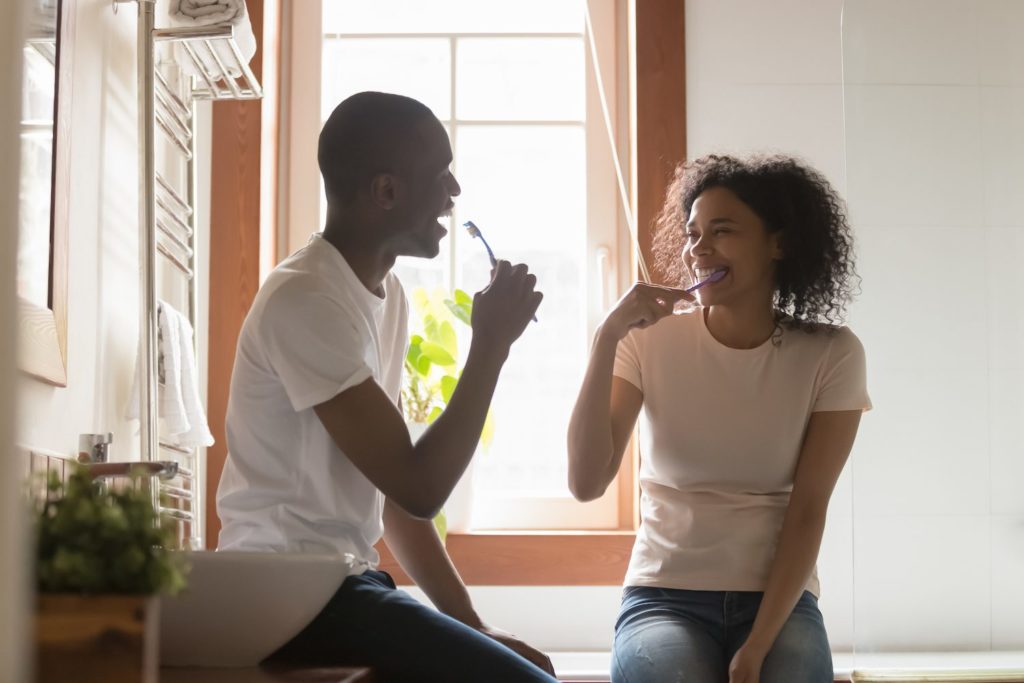
How to Stop Grinding Teeth at Night
Sleep bruxism, or teeth grinding during sleep, can cause painful damage to the teeth and…

How to Sleep With Lower Back Pain
Lower back pain can be a major barrier to sleep. Get the facts about the…

How Lack of Sleep Impacts Cognitive Performance and Focus
Sleep is critical for the brain. Learn about how lack of sleep causes short- and…

Jet Lag: Symptoms, Causes, and Prevention
Worried about feeling alert and maintaining a healthy sleep schedule after a long flight? Learn…

Beverages to Avoid to Sleep Soundly While Traveling
Want to avoid sleep problems on your trip? This guide outlines the beverages to seek…

Is Narcolepsy Genetic?
Does narcolepsy run in your family? Find out about the role of genetics in narcolepsy…
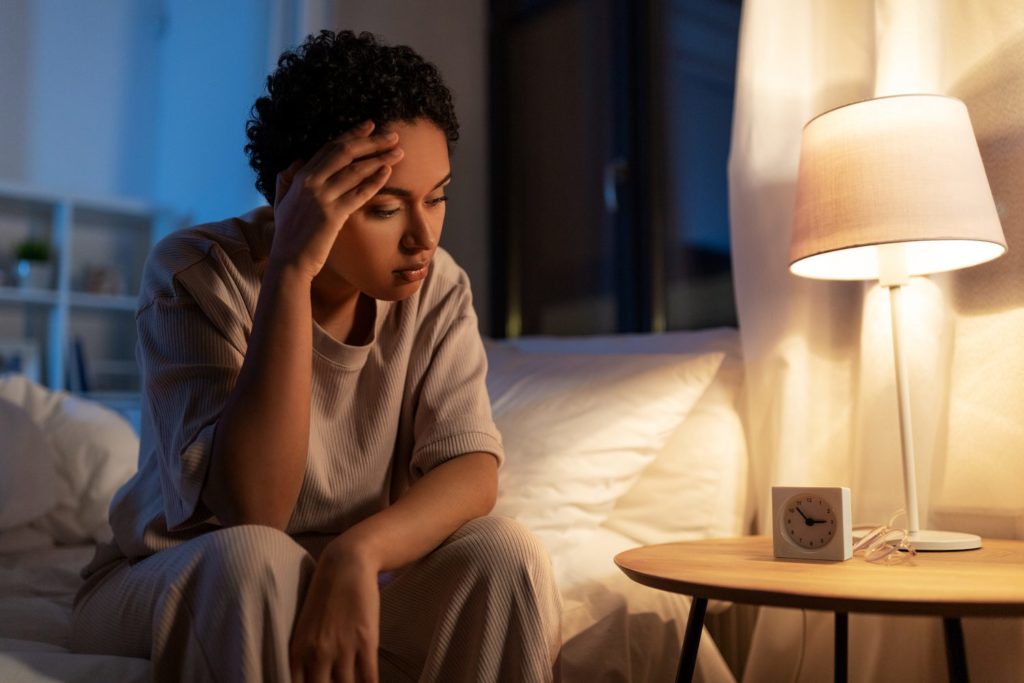
Interrupted Sleep: Causes & Helpful Tips
Is your sleep repeatedly disrupted during the night? Learn about interrupted sleep including its causes,…
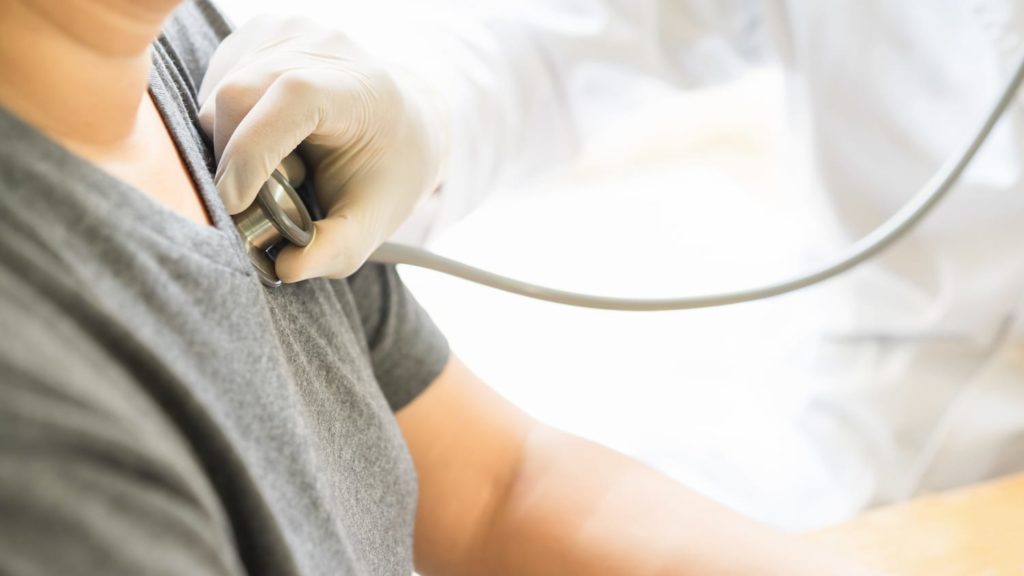
How Sleep Deprivation Affects Your Heart
Sleep is vital for heart health. Learn about the impact of sleep deprivation on blood…

Narcolepsy Treatment
Can narcolepsy be cured? Can its symptoms be improved? Learn about the different types of…

Diagnosing Narcolepsy
Concerned that you have symptoms of narcolepsy? Learn about the tests and criteria used to…
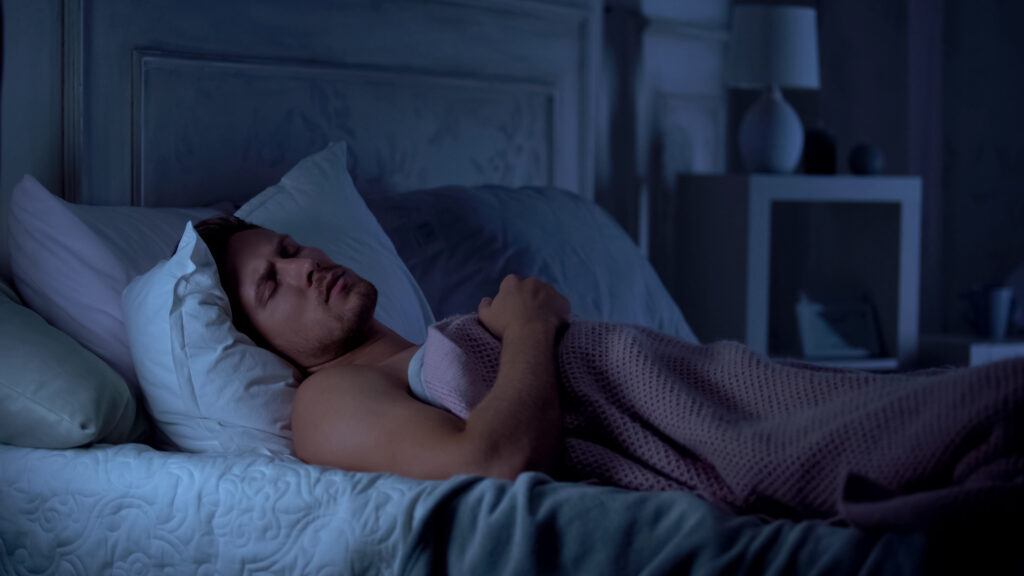
Sleep Paralysis
Have you experienced episodes of sleep paralysis? We explain symptoms, causes, and treatments of sleep…

Stages of Sleep: What Happens in a Normal Sleep Cycle?
Healthy sleep consists of distinct stages. We break down the defining traits of each stage…
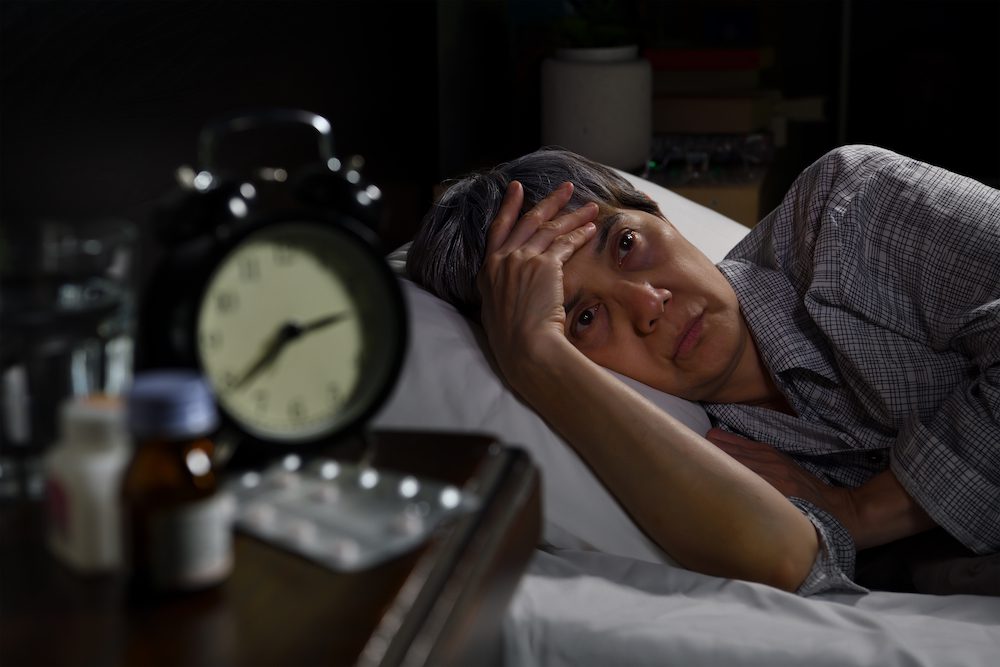
Wakefulness After Sleep Onset
Wakefulness after sleep onset measures time spent awake after falling asleep. Learn about how this…
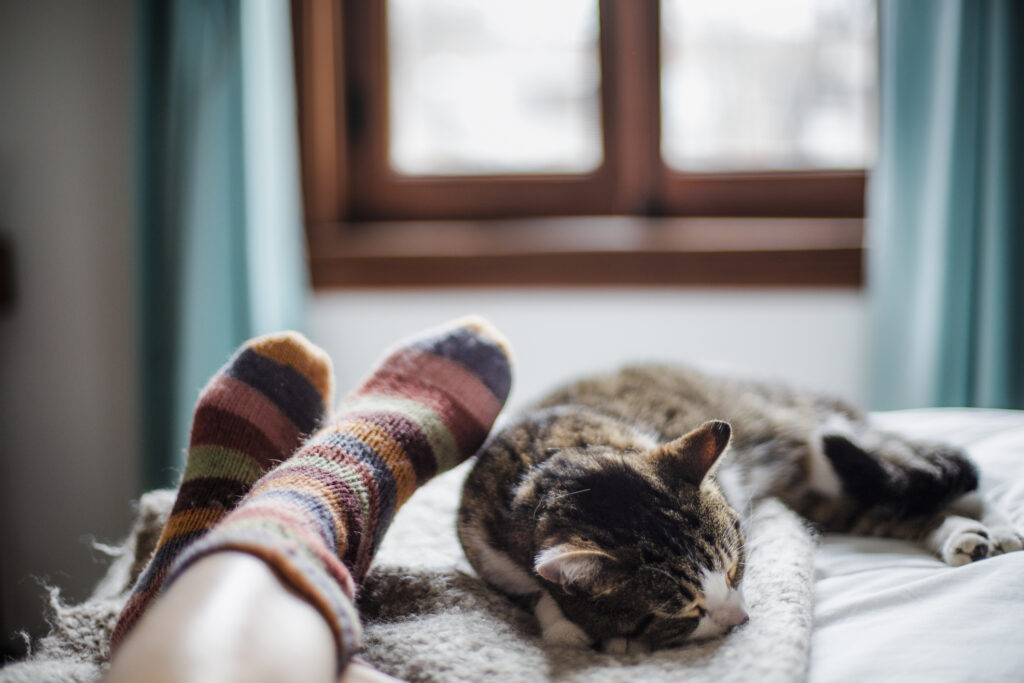
How Do Animals Sleep?
Have you ever wondered how giraffes sleep, or how fish sleep? Read about the sleep…

Epworth Sleepiness Scale
The Epworth Sleepiness Scale (ESS) is one tool that helps doctors decide whether daytime drowsiness…

Best Sleeping Positions
Are you waking up in pain? It could be your sleep position. Learn about the…

Snoring in Children
Are you worried about your child’s snoring? Learn about types of snoring in children, what…

How to Prepare for a Sleep Study
Sleep studies provide information about sleep problems. Discover tips to prepare for a sleep study…

Sleepwalking: What Is Somnambulism?
Learn the key facts and figures to know about the causes, symptoms, dangers, and treatments…

Sleep Talking: What Is Somniloquy?
Talking in your sleep can be disruptive, especially to bed partners. Learn about sleep talking…
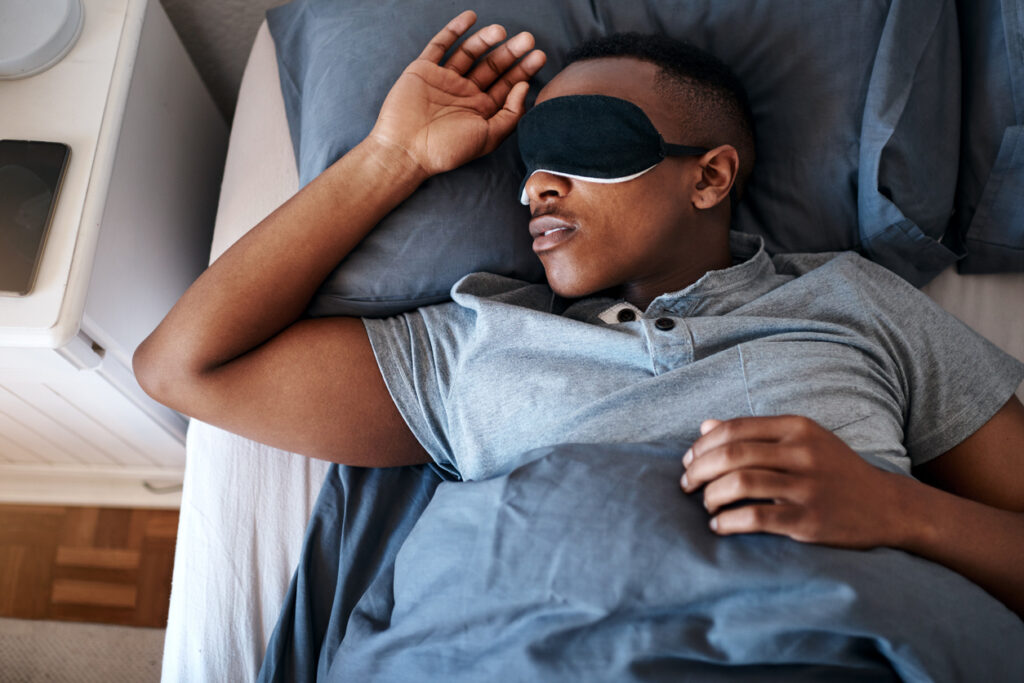
Narcolepsy: Causes, Symptoms, & Treatments
Narcolepsy is a sleep disorder that involves severe daytime sleepiness. Learn about the types of…
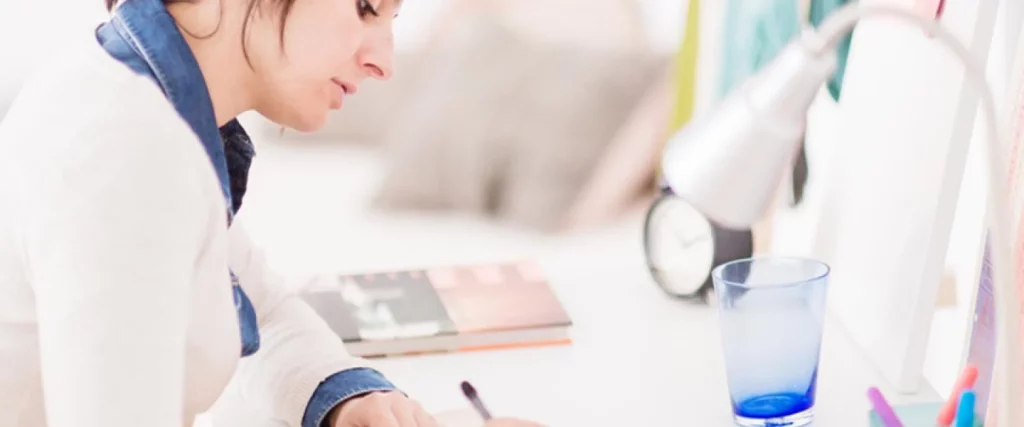
How to Fix Your Sleep Schedule
Fix your sleeping schedule and get restorative slumber by optimizing your circadian rhythm.

How to Wake Up Without an Alarm - Our Best Tips
Fed up with being jarred awake by a loud alarm? Find out how to effectively…

Snoring and Sleep
Worried about snoring? Learn the basics, including what causes snoring, when it is dangerous, and…

How Much Sleep Do Babies and Kids Need?
Sleep is vital to the development of children of all ages. Learn about how much…

Improve Your Child’s School Performance With a Good Night’s Sleep
Does good sleep contribute to better school performance? Learn about how to improve sleep and…
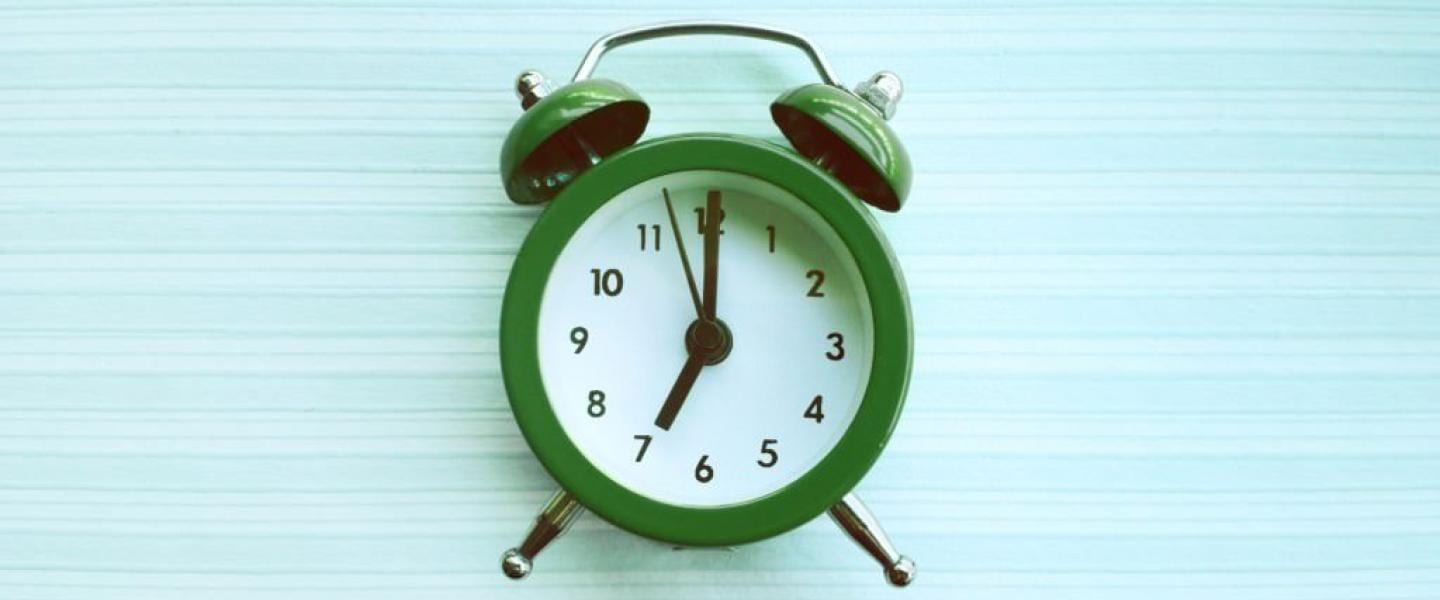
Sleep Drive and Your Body Clock
How does your body clock affect your sleep drive? Learn how your circadian rhythm and…
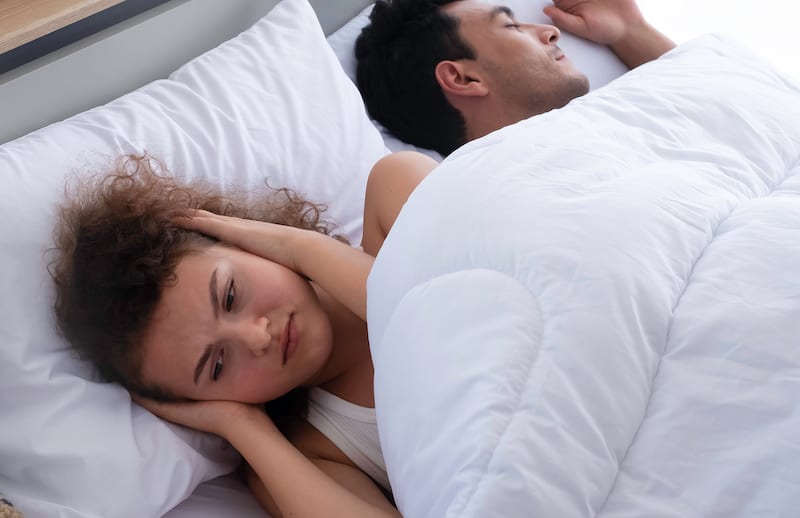
How To Determine Poor Sleep Quality
Do you think you have poor sleep quality? Learn to recognize the signs of lack…
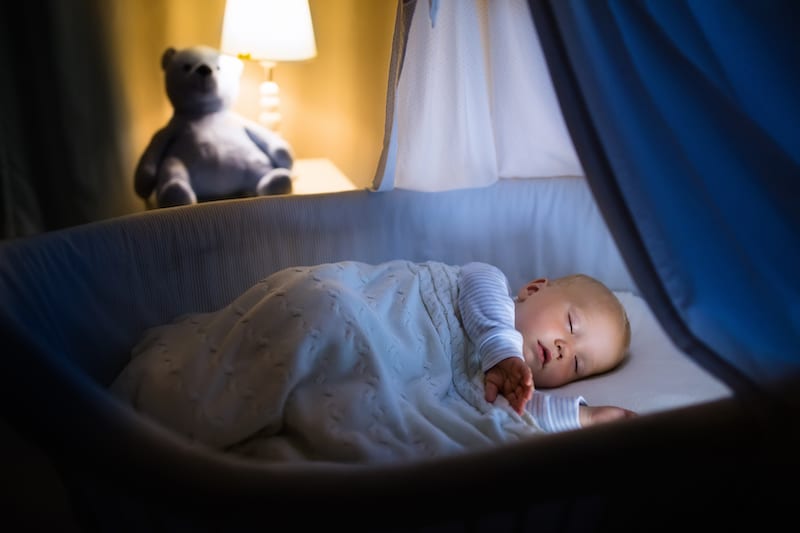
Sleep Training for Babies
Is it time to sleep train your baby? Discover the different sleep training methods you…

The Relationship Between Sex and Sleep
Wondering how sleep and your sex life are related? Learn how sleep and sex can…

How Does Testosterone Affect Sleep?
Wondering if testosterone levels can impact sleep? Find out how sleep and testosterone affect one…

Eating Disorders and Sleep
Learn the basics about eating disorders, how they are linked to sleeping problems, and how…

Sleeping With Socks On
Sleeping with socks on is more than just a personal preference — learn about this…
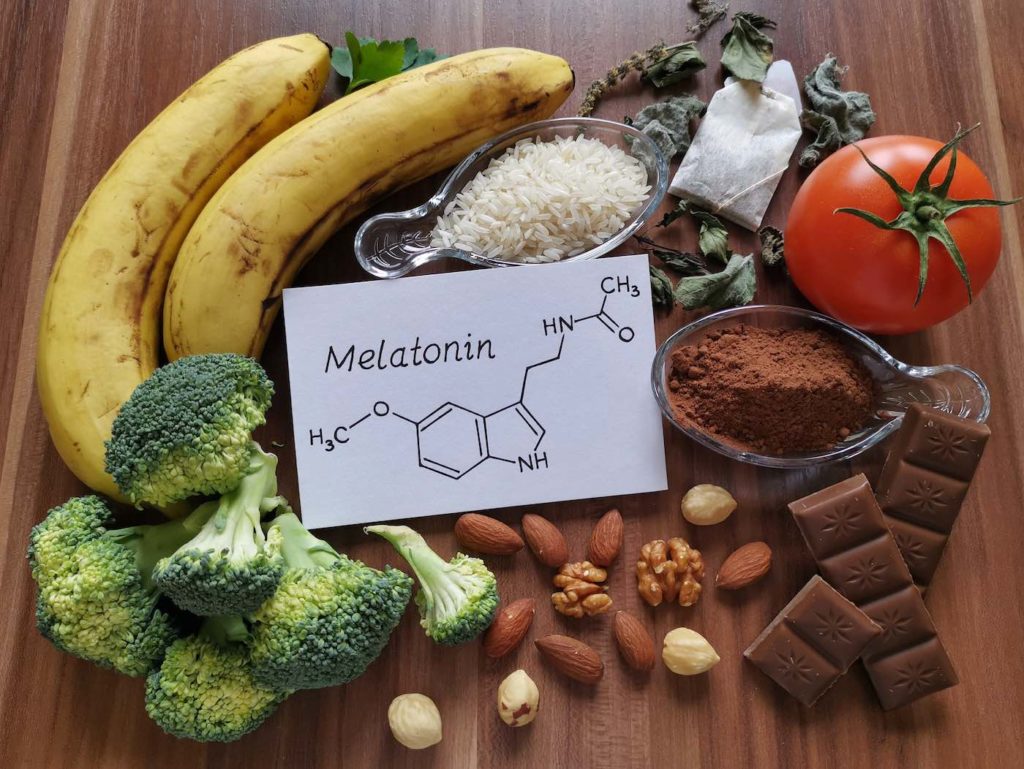
Sleep and Overeating
Overeating and sleep have a bidirectional relationship. Sleep deprivation can induce overeating, and at the…

Babies and Head Banging at Night
Head banging, body rocking, and head rolling may disturb parents, but they are usually benign.…

4-Month Sleep Regression
Has your 4-month-old’s sleep taken a step backward? Learn more about the 4-month sleep regressions…

12-Month Sleep Regression
Is your 1-year-old struggling with sleep? Learn more about 12-month sleep regressions, including potential causes…

18-Month Sleep Regression
Is your 18-month-old having sleep problems? Learn about 18-month sleep regressions, why they happen, and…

Sleep Apnea and COVID
As research evolves, experts are learning more about COVID’s relationship to other conditions. Learn about…

How to Dress a Baby for Sleep
Knowing how to dress a baby for sleep helps keep them comfortable and safe. Learn…

8-Month Sleep Regression
Many babies encounter sleep problems at 8 months. Learn about the causes of an 8-month…
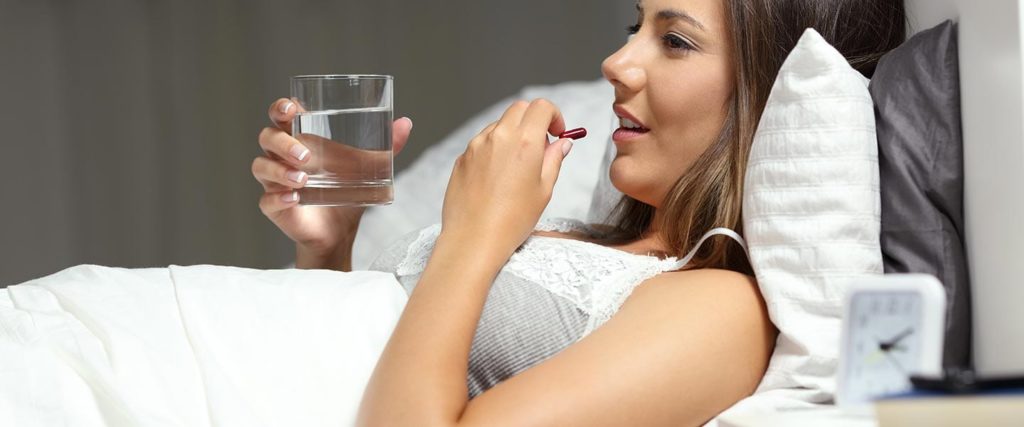
Sleeping Pills: Medications & Prescription Sleep Aids
Sleep aids are often used for insomnia and sleep problems. Learn about the types of…

Compare Sleep Aids
Researching medications to help with sleep problems? Find out about your options, compare sleep aids,…

Revenge Bedtime Procrastination
Revenge bedtime procrastination is staying up late even when you know you need sleep. Our…

Gaba for Sleep
GABA supplements are advertised to help with various health problems. Learn about how GABA works…

6-Month Sleep Regression
Is your 6-month-old having trouble sleeping? Learn about 6-month sleep regressions, what may cause them,…

How Sleep Affects Immunity
Getting the sleep you need is vital for your immune system. Lack of sleep can…

How to Sleep Better with GERD
Is acid reflux interrupting your sleep? Learn how GERD can disrupt sleep, and what steps…
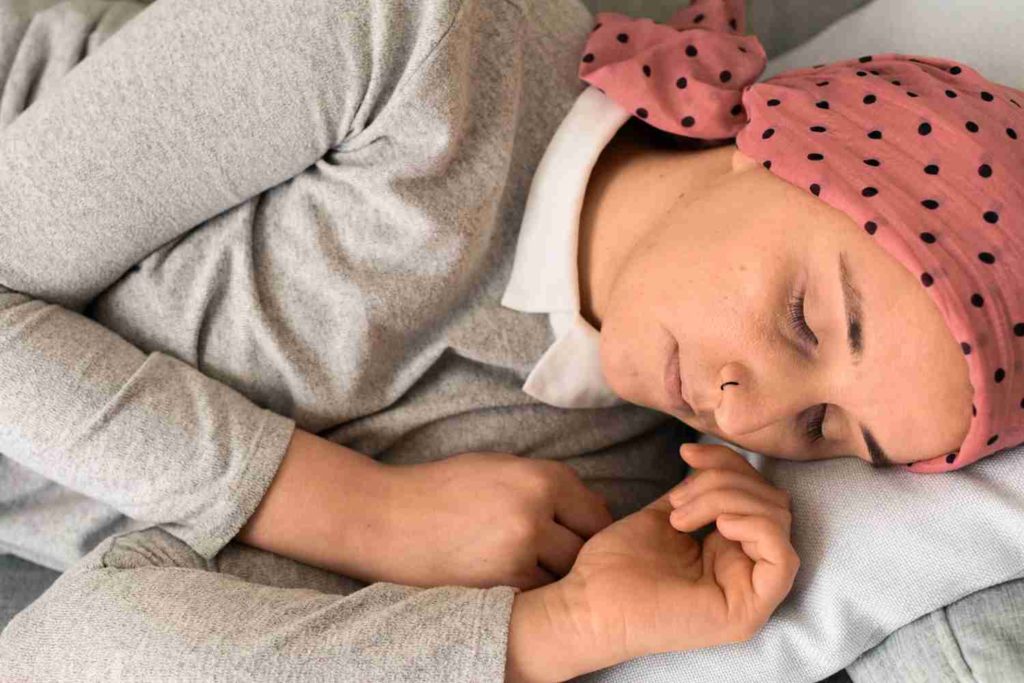
Cancer and Sleep
Cancer and sleep have a complex and multifaceted relationship. Learn how sleep can affect cancer…

The Link Between Sleep Apnea and Teeth Grinding
Clenching or gnashing your teeth during the night could be linked to a more troubling…
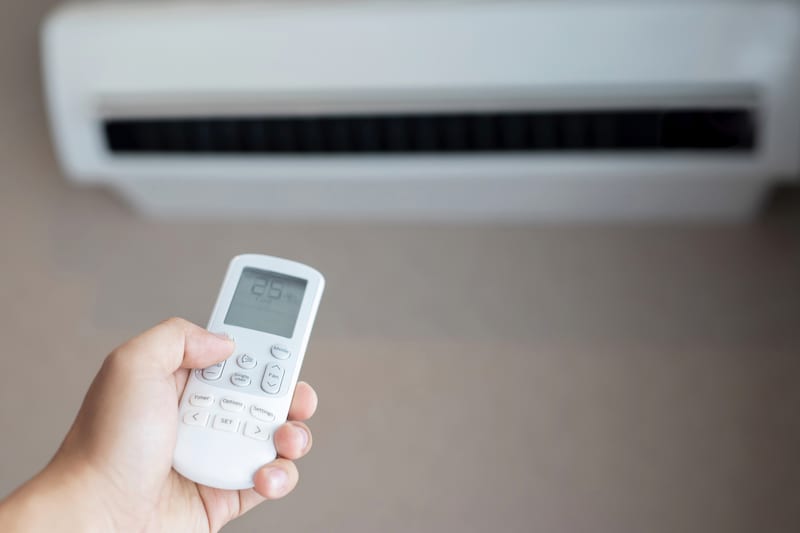
How to Cool a Room During Summer
Tired of sweating while you sleep? Learn key tips for regulating room temperature during summer…
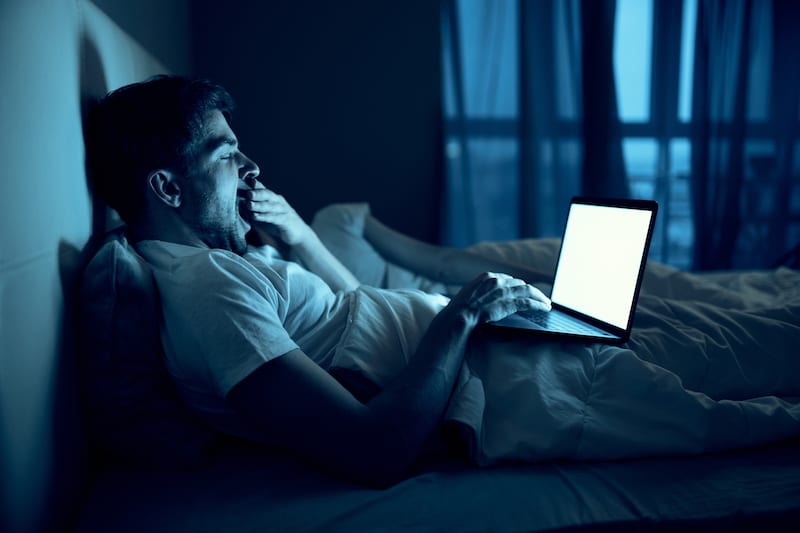
Technology in the Bedroom
Technology in the bedroom can be a major barrier to sleep. Creating a technology-free environment…

How Much Sleep Do You Need?
Sleep is essential, but how much sleep do we really need? Learn about how many…

Can You Die From Sleep Apnea?
Sleep apnea is a sleep disorder that can be life-threatening if left untreated. Learn about…

Alcohol and Sleep Apnea
Drinking alcohol is common, with roughly reporting having a drink in the last month. Although…

Can Sleep Apnea Cause Seizures?
While the connection between epilepsy and sleep apnea is not fully understood, there are several…
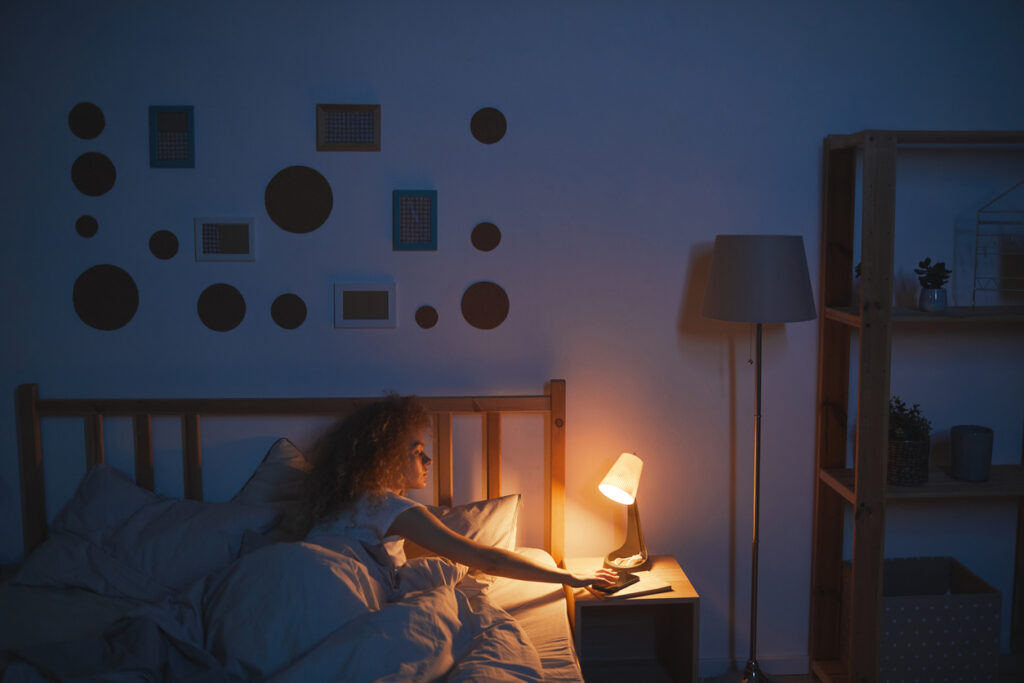
Mental Health and Sleep
Sleep and mental health are deeply intertwined. Learn about the complex relationship between sleep and…
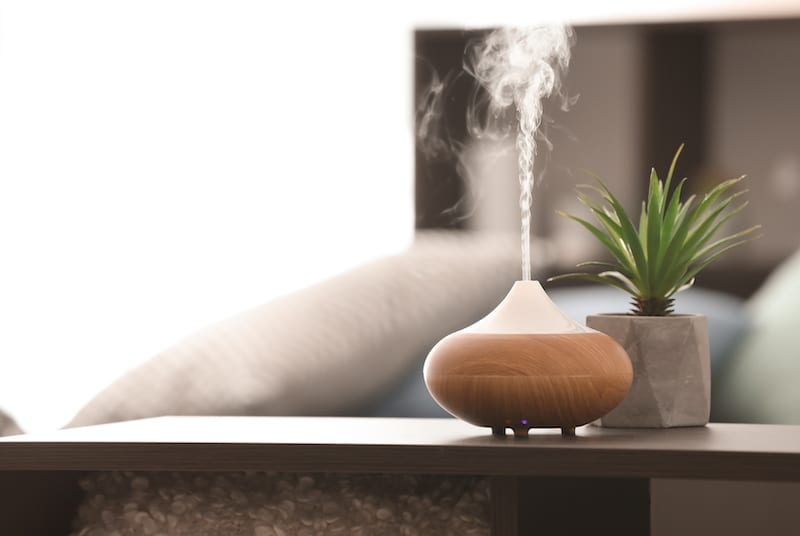
How Smell Affects Your Sleep
Wondering how smells and aromatherapy can impact sleep? Learn about how smell affects sleep and…

Natural Cures for Insomnia: From Acupressure to Yoga
Acupuncture has become an increasingly popular treatment for insomnia as more people look for alternatives…

What Causes Restless Sleep?
Are you tossing and turning all night and struggling to wake up refreshed? Read more…

What Happens When You Sleep?
During sleep, intricate processes unfold in the brain and body. Learn about what happens when…

What Causes Insomnia?
Trying to find out why you have sleeping problems? Learn about the general causes of…
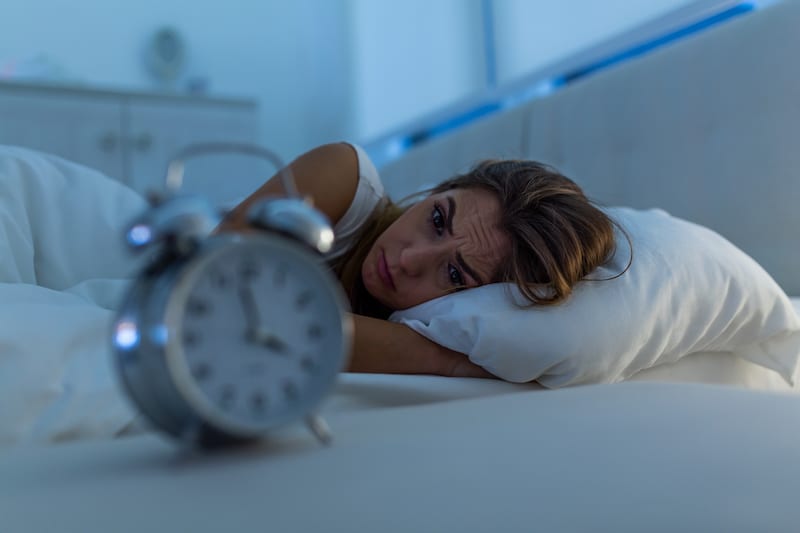
What Are the Different Types of Insomnia?
Not all insomnia is the same. Learn about short-term and chronic types of insomnia along…

Stress and Insomnia
Explore the link between stress and insomnia, and learn ways to relieve stress to improve…
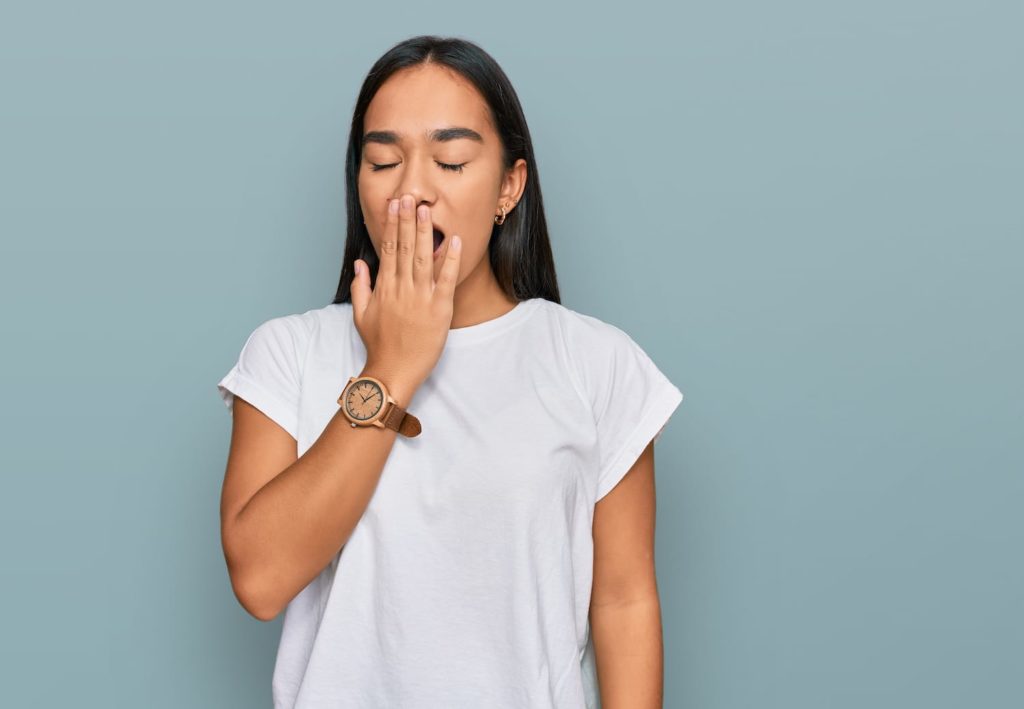
100+ Sleep Statistics
Looking for the facts about sleep? Our in-depth look at sleep statistics gives hard data…
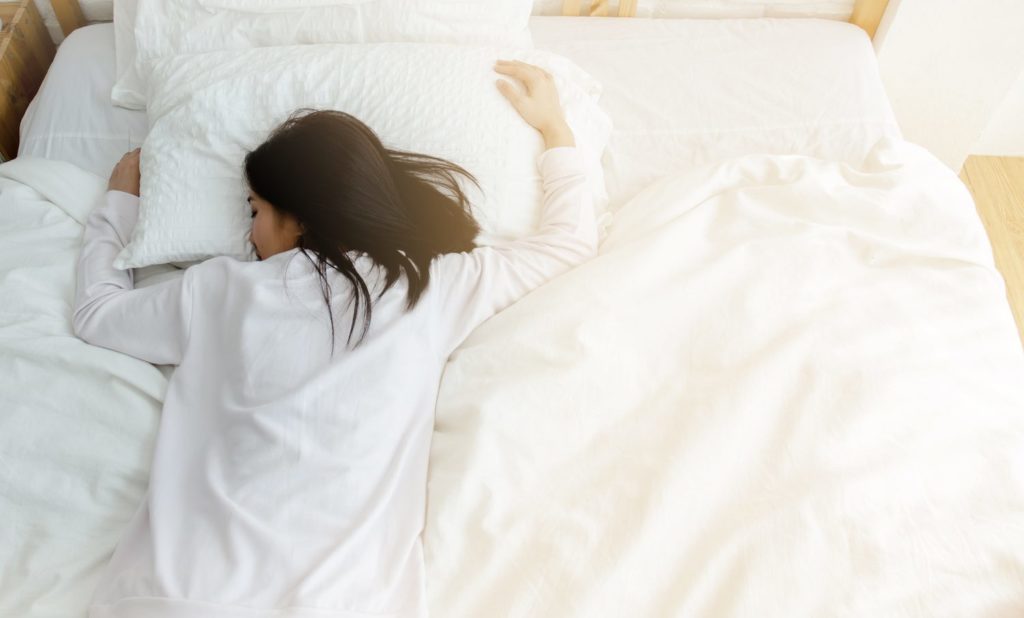
Long Sleepers
Long sleepers habitually sleep more hours per night than people in their age group. Learn…
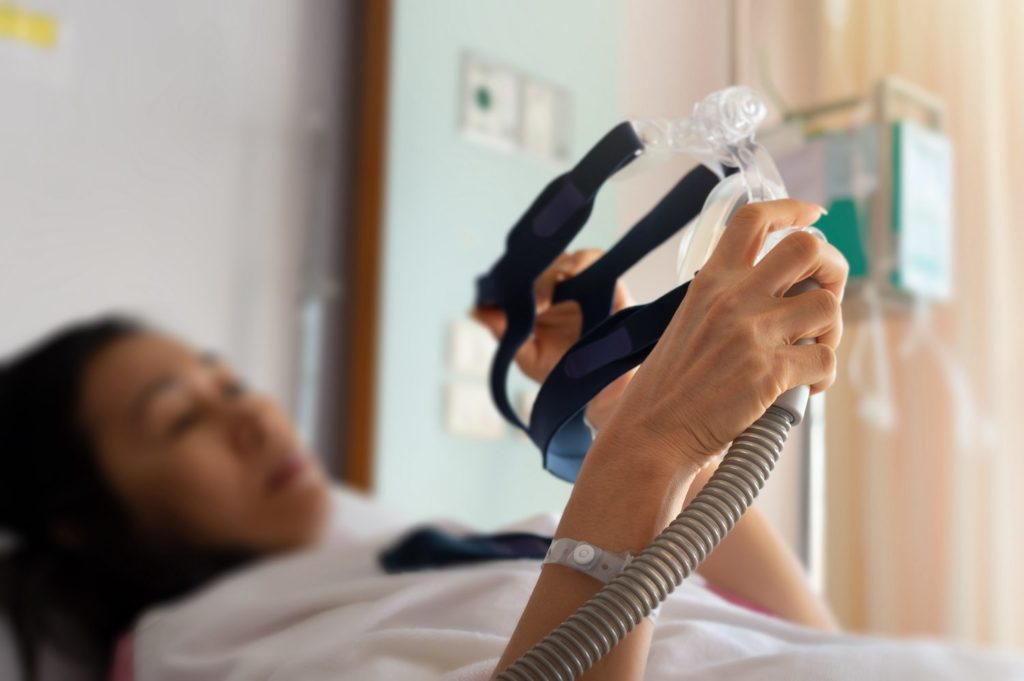
What Is a BiPAP Machine?
A bilevel positive airway pressure (BiPAP or BPAP) machine normalizes breathing by delivering pressurized air…

What’s the Connection Between Race and Sleep Disorders?
The burden of sleeping problems falls more heavily on people of color. Our guide explores…
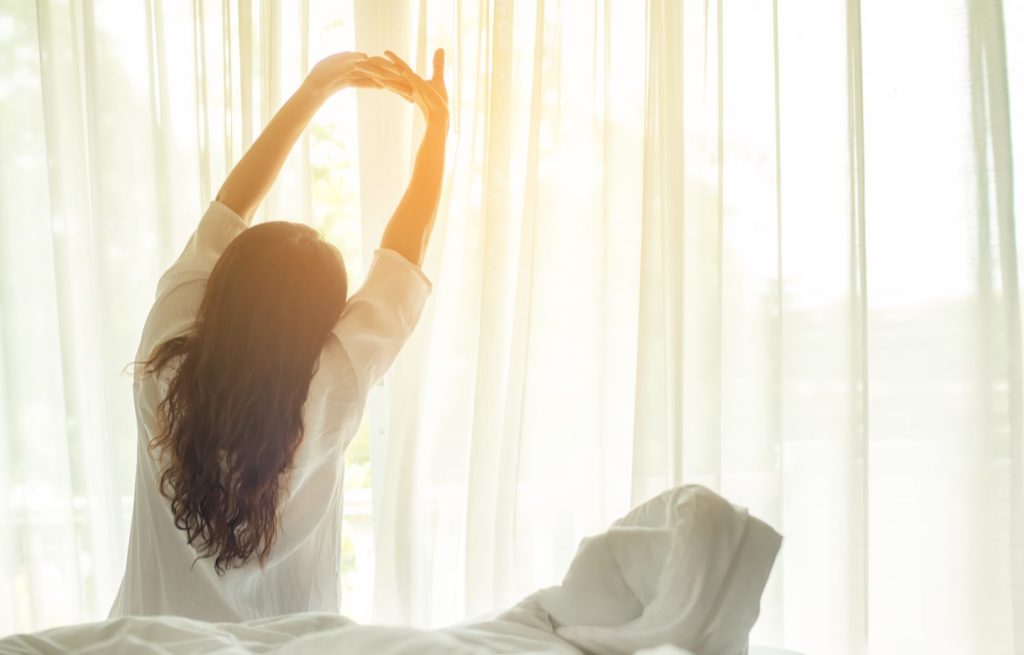
Short Sleepers
Some people need less sleep than others to feel refreshed. Find out about natural short…
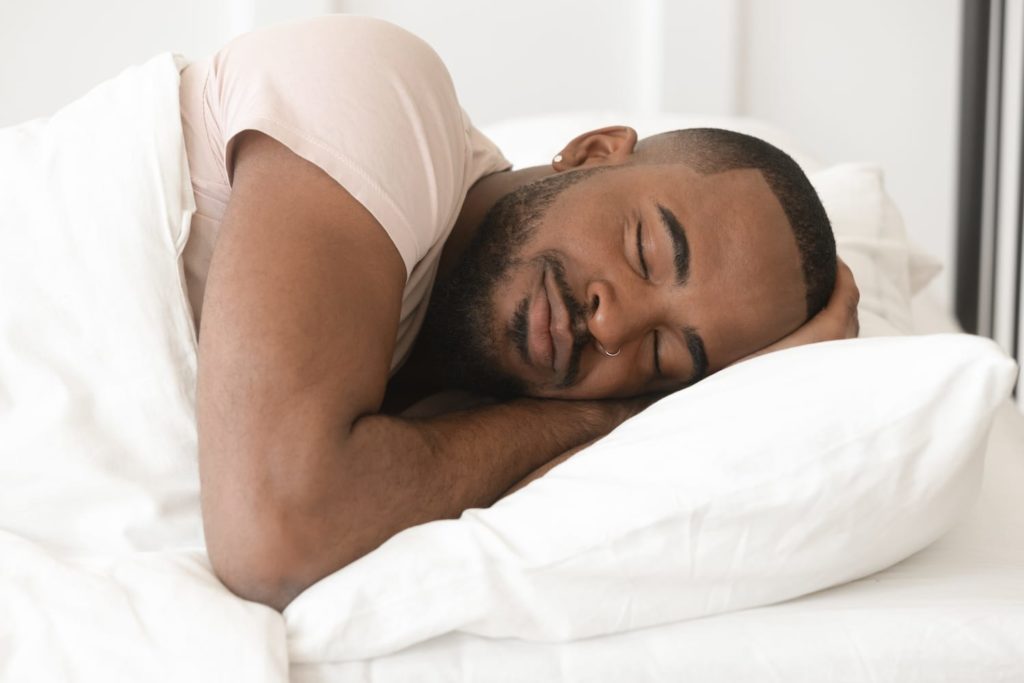
Myths and Facts About Sleep
Get educated on the scientific facts that disprove common sleep myths, and learn evidence-based ways…

Sleep Dictionary
Terminology about sleep can be confusing. Our sleep dictionary clearly explains common sleep terms so…
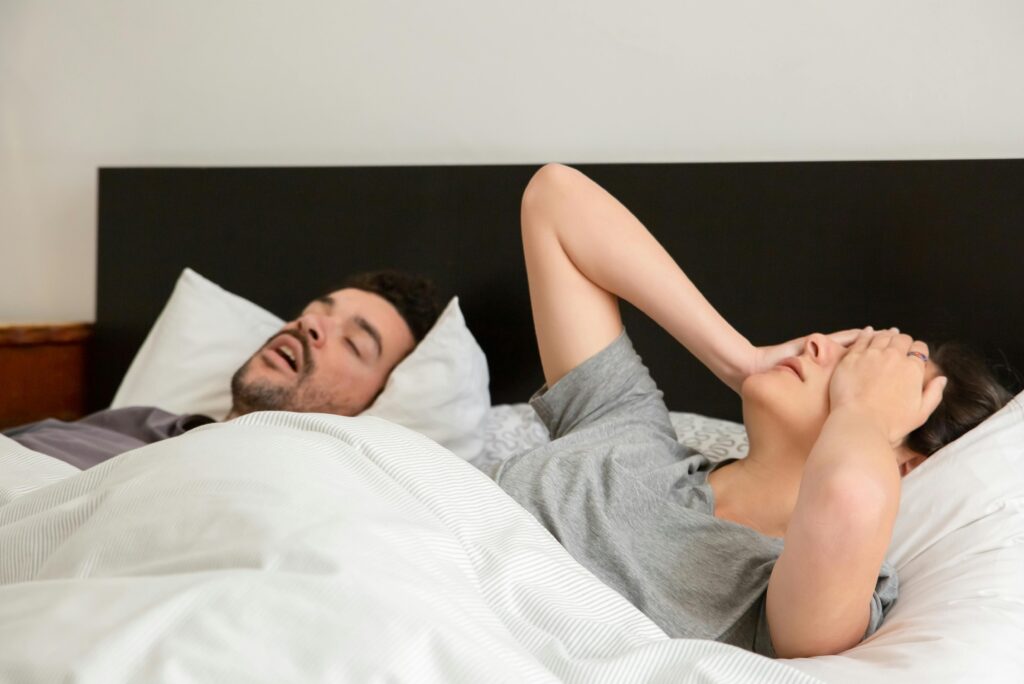
Sleep Apnea vs. Insomnia
Although everyone has an occasional bad night's sleep, people with sleep disorders have more persistent…

Sleep Aids: Know the Types, Benefits, & Risks
Struggling with sleep or looking for more restorative sleep? Learn about the types of sleep…
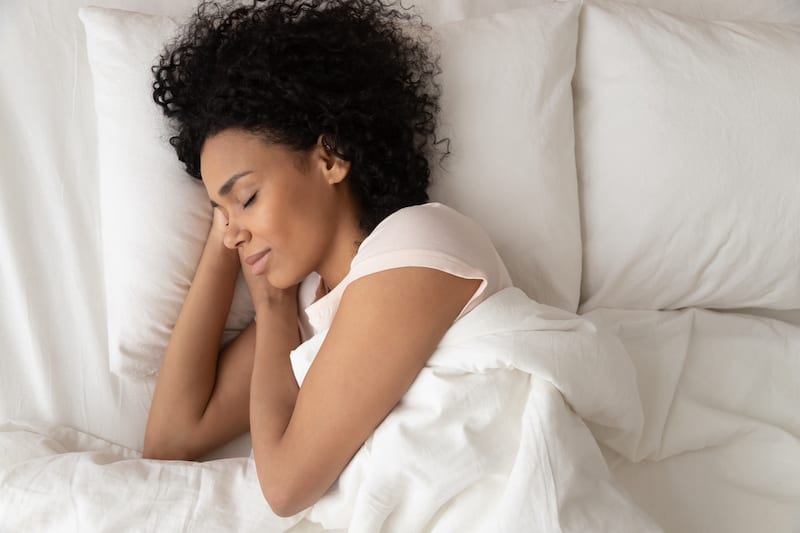
How Sleep Works: Understanding the Science of Sleep
Sleep is a complex and dynamic biological process that still isn’t fully understood. Learn about…

Mastering Sleep Hygiene: Your Path to Quality Sleep
Looking for ways to sleep better? Improving sleep hygiene can make your habits, routines, &…
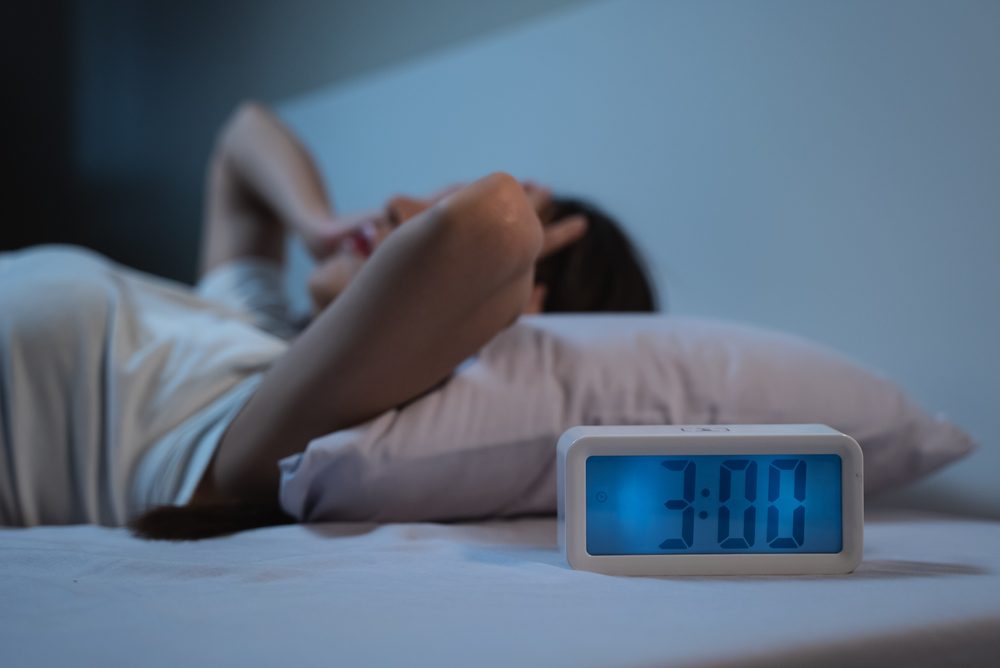
Insomnia: Symptoms, Causes, and Treatments
Insomnia is a sleep disorder that affects many people. Learn about symptoms, causes, and treatments.

Healthy Sleep Habits
This is real, actionable advice you need to improve your sleep, not the generic tips…
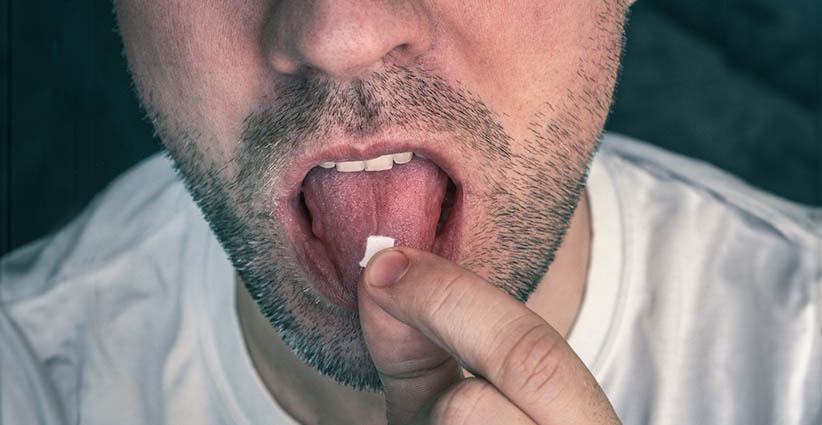
Study Finds Microdosing LSD May Enhance Sleep
Can psychedelic drugs improve sleep? A new study found that microdosing LSD has intriguing impacts…
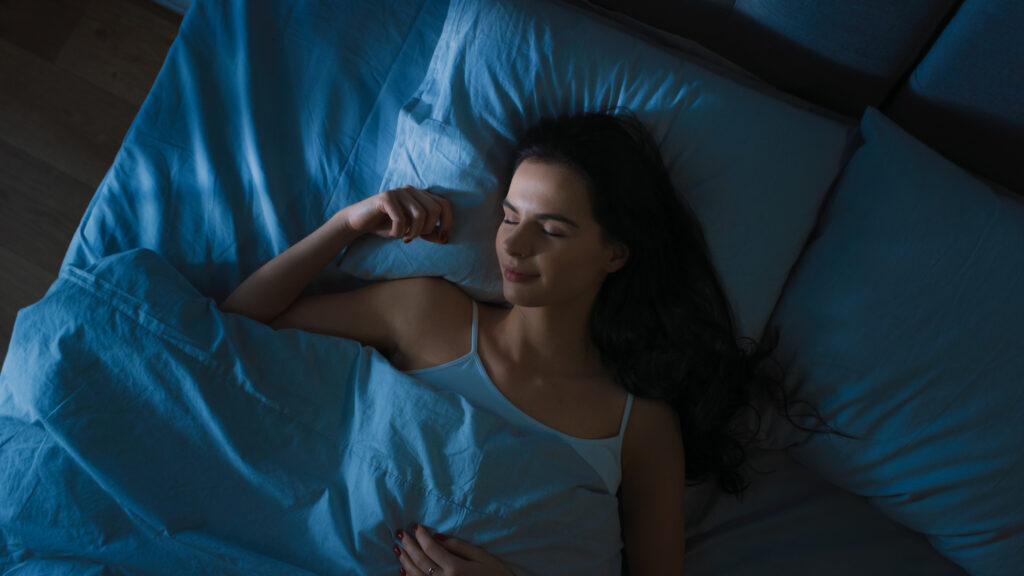
Dreams: Why They Happen & What They Mean
Dreams are an integral part of sleep. Learn about when we dream, the types of…
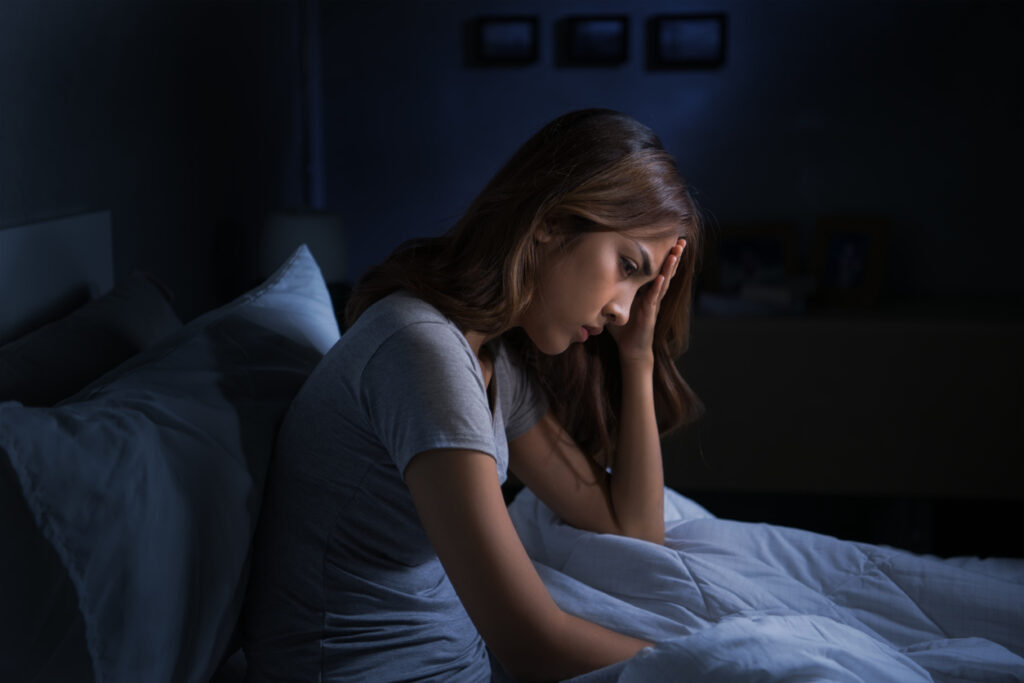
Why We Have Nightmares (And How to Prevent Them)
Nightmares can affect anyone, and when frequent, can harm sleep and daily life. Learn about…
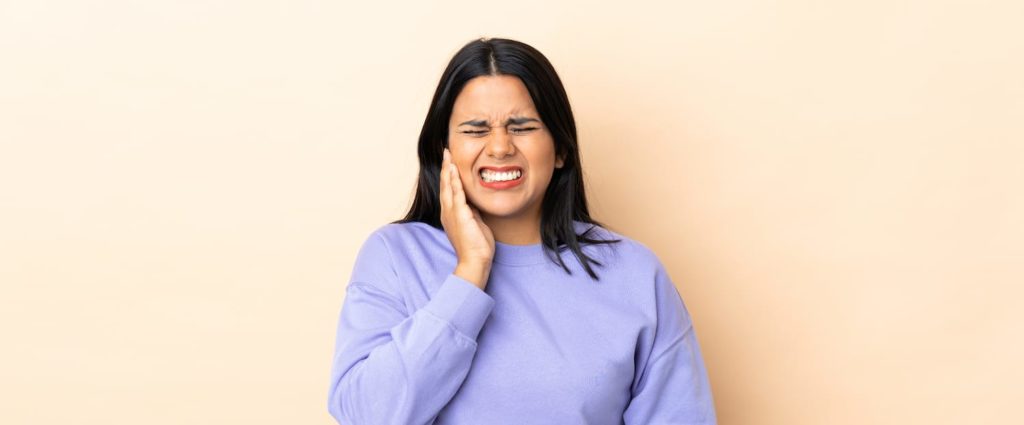
Bruxism: Teeth Grinding at Night
Sleep bruxism, or teeth grinding at night, can cause tooth damage. Learn to identify causes…

Accidental Melatonin Overdoses by Kids Leads to Sharp Spike in ER Visits
New data from the CDC has found that ER visits are spiking among children who…

Only Murders While You're Sleeping: The Parasomnia Defense
Can a person commit a crime while asleep? New research evaluated the validity of the…

Can COVID-19 Cause Insomnia and Sleep Problems?
Sleep problems have grown during the pandemic. Learn about coronasomnia and the diverse ways that…

New Study Finds That the Wavelength of Light, Not Color, Impacts Sleep
Night mode filters out blue light that disrupts sleep, but does it have to make…
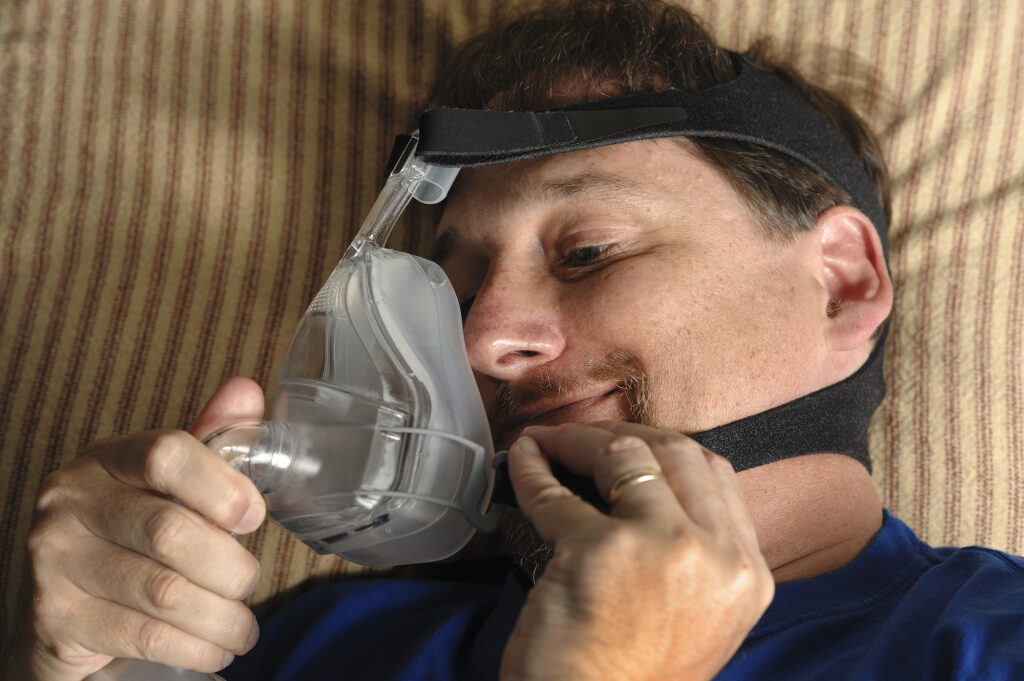
New Study Shows CPAP Therapy Can Aid Memory Processes in the Brain
A recent study provides a closer look at how sleep apnea affects brain activity during…

Can New Weight Loss Drugs Improve Sleep?
Drugs like semaglutide may have health benefits beyond weight loss. Find out what research shows…
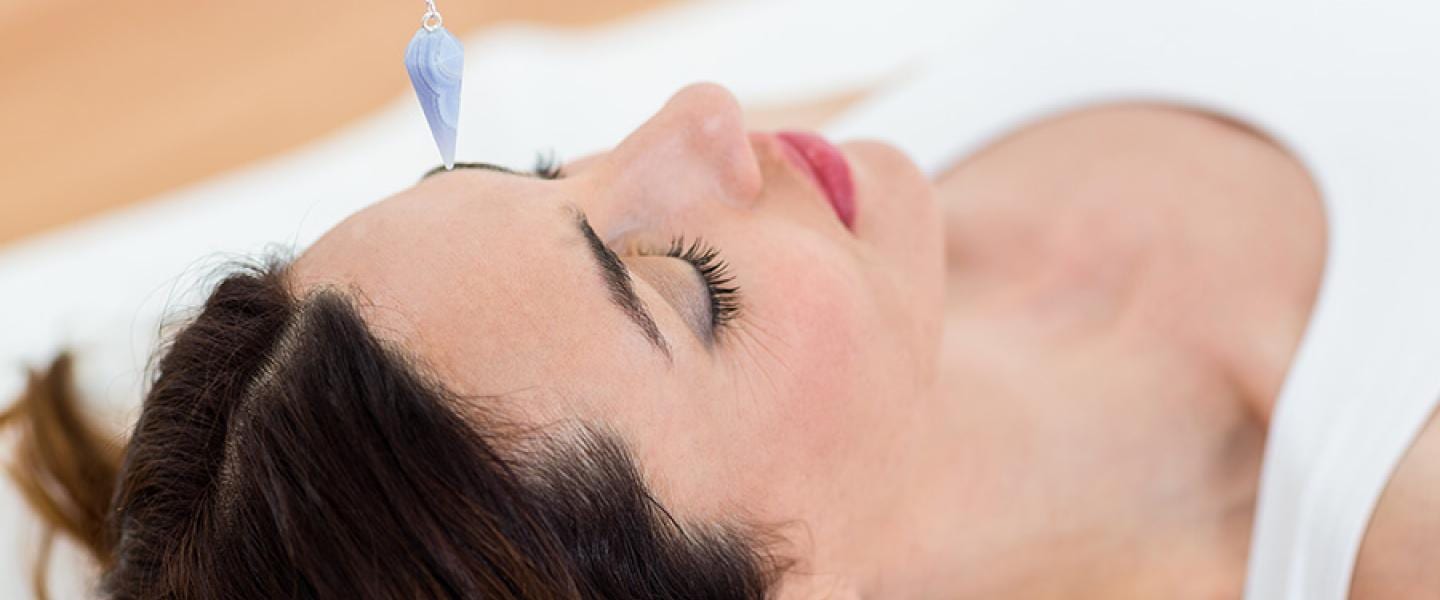
Sleep Hypnosis
Hypnotherapy is a type of mind-body medicine that is often misunderstood. Learn about sleep hypnosis,…
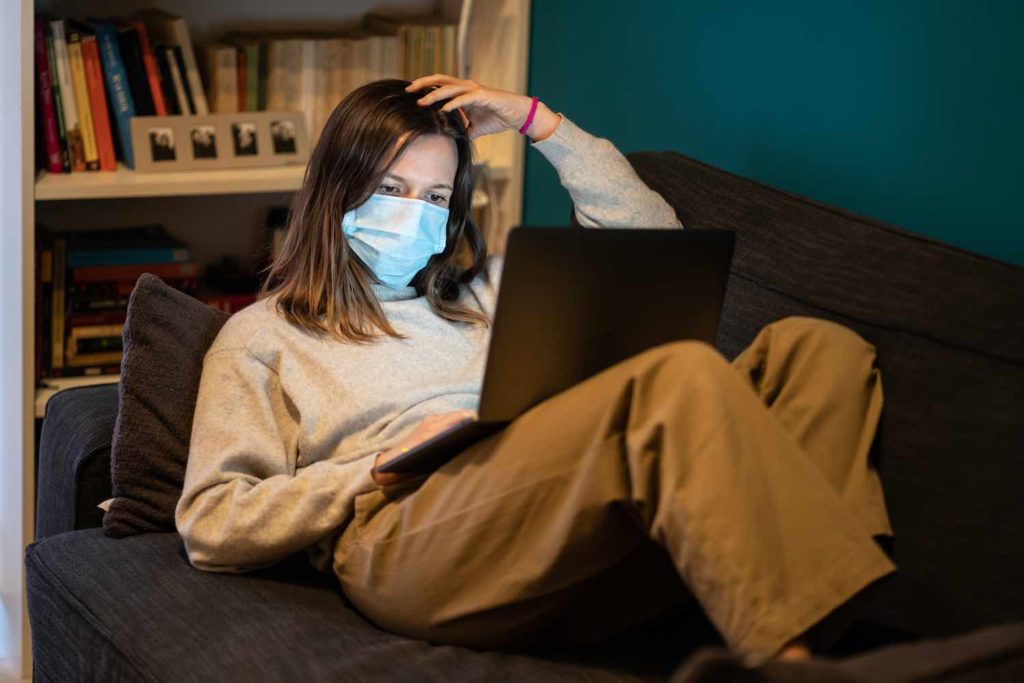
COVID-19 and Sleep: An Ongoing Concern
COVID-19 has disrupted many aspects of daily life. Learn how this virus can also impact…

COVID-19 Vaccine: Sleep, Sickness, and Immunity
Looking for the facts about COVID-19 vaccines? Learn about COVID-19 vaccine availability, safety, effectiveness, and…
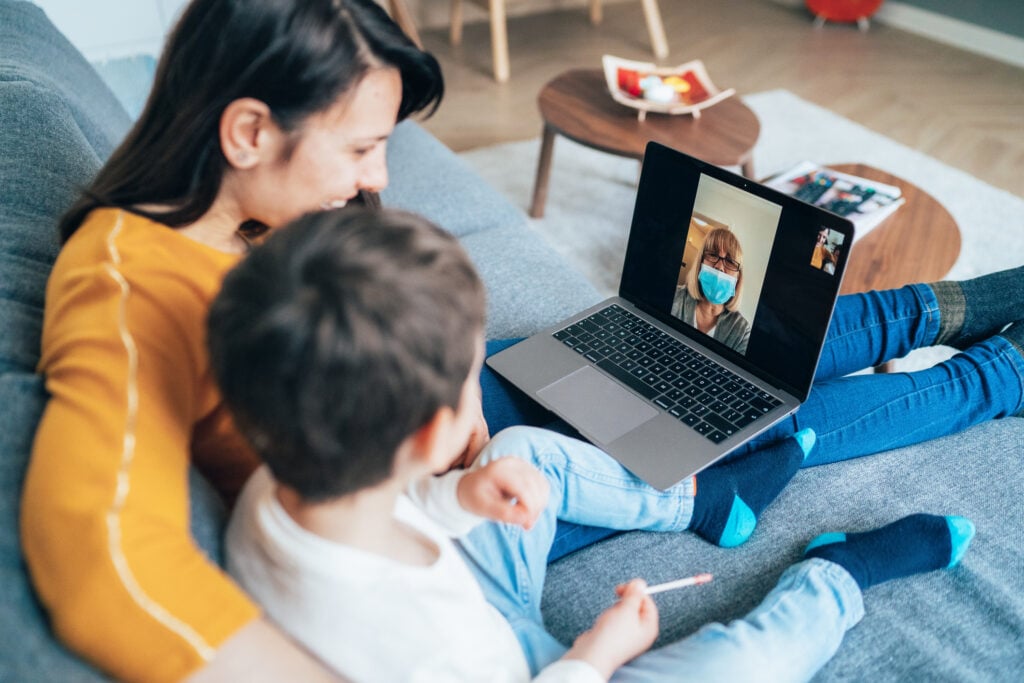
Sleep Guidelines During the COVID-19 Pandemic
Three years into the COVID-19 pandemic, society is adapting to a new normal. Sleeping well…
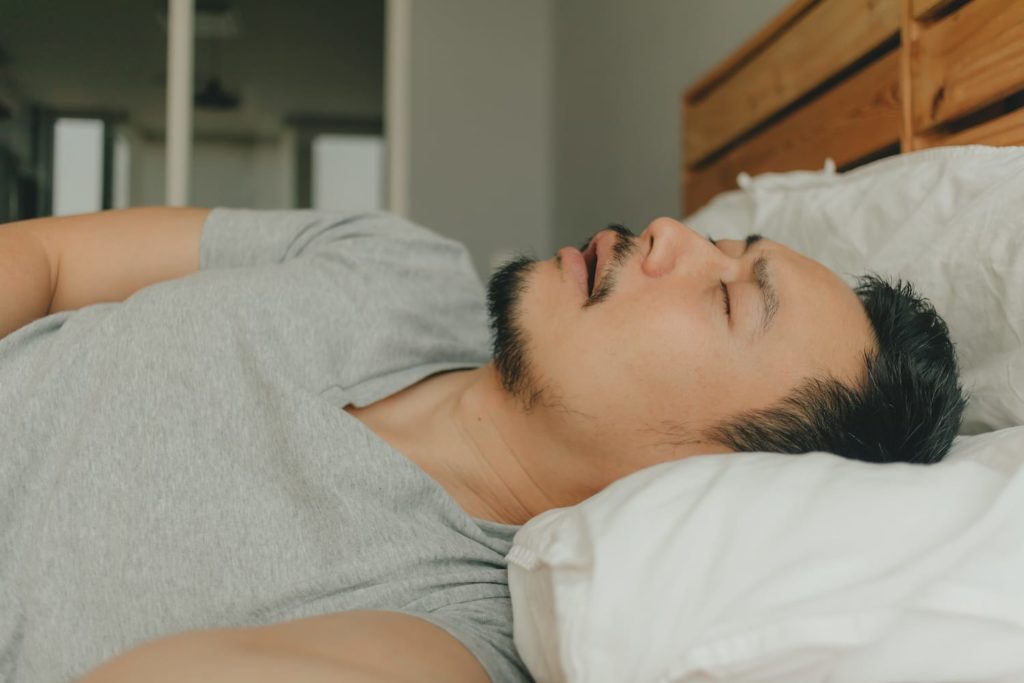
Sleep-Related Breathing Disorders
Abnormal breathing during sleep can be a serious problem. Our introduction gives background on sleep…

How to Design the Ideal Bedroom for Sleep
Your sleep environment is crucial to getting quality rest. Learn how to take advantage of…

Light and Sleep
Light and sleep are closely intertwined. Learn about how different types of light exposure affects…

Mold in the Bedroom
A damp environment enables growth of potentially harmful mold. Learn about the effects of mold…

Health and Safety Concerns Cited as Top Priority in New Daylight Saving Time Survey
What does the public think about daylight saving time? Read about the new survey and…
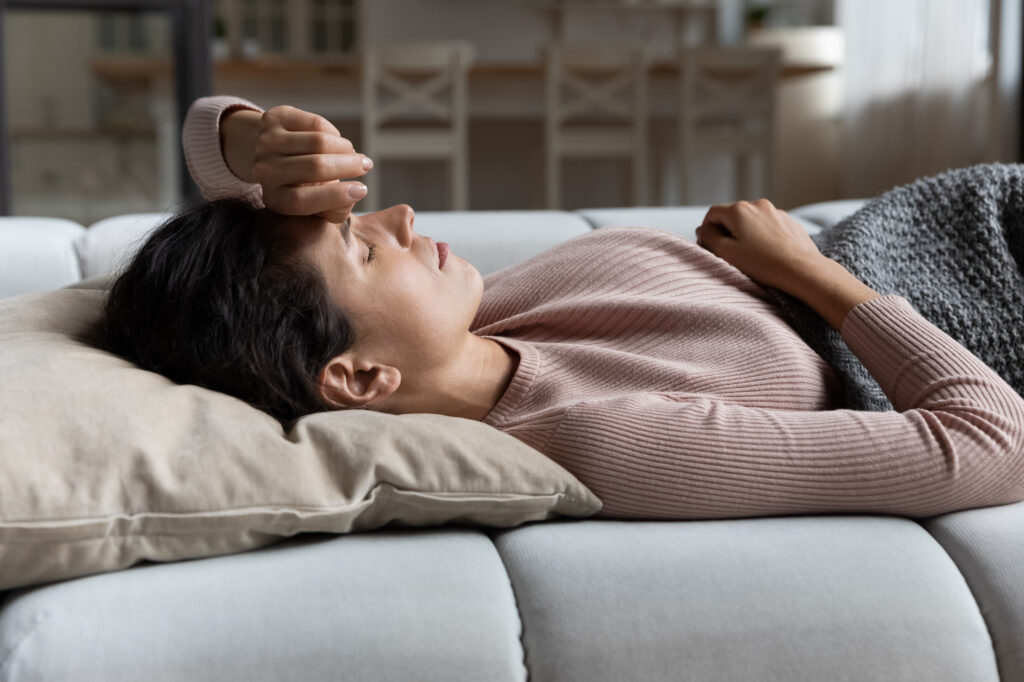
Respiratory Effort-Related Sleep Arousal (RERA)
RERAs are brief awakenings from sleep caused by disrupted breathing. RERAs can cause interrupted sleep…

Teens and Sleep
Too many teens get insufficient sleep. Learn about the importance of sleep for teens, challenges…

How Would Later School Start Times Affect Sleep?
Experts recommend middle and high schools begin no sooner than 8:30 a.m. Later school start…

